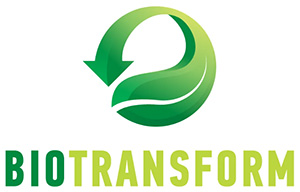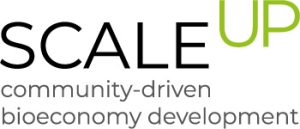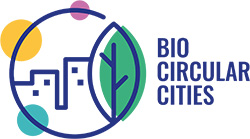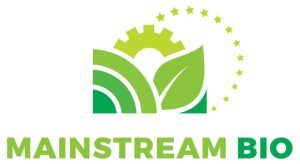Model2Bio project
This project ends on: 24/02/2026

MODELLING TOOL FOR GIVING VALUE TO AGRI-FOOD RESIDUAL STREAMS IN BIO-BASED INDUSTRIES
Every year, 41 million tonnes of food are wasted in the European Union during processing. This affects the economy, the environment and our communities. Transport, treatment at waste sites and landfilling drive up management and operational costs, while rotting food at landfills emits greenhouse gases.
What is considered waste and discarded, often still contains industrially valuable compounds. Model2Bio will develop a predictive model to help agri-food companies identify, select and reuse organic waste streams. To identify the most economic and environmentally friendly solutions for waste streams, the model will consider stream composition, volume, transformation as well as logistics, business cases and social aspects. The project started in May 2020 and will run until October 2023.
Behind this EU-funded project are think-tanks, research centres, technology developers, universities, industry (mainly small and medium-sized businesses) and clusters from across Europe.
Contacts:
Tamara Fernández, Coordinator: tfernandez@ceit.es
website: https://www.model2bio.eu/











